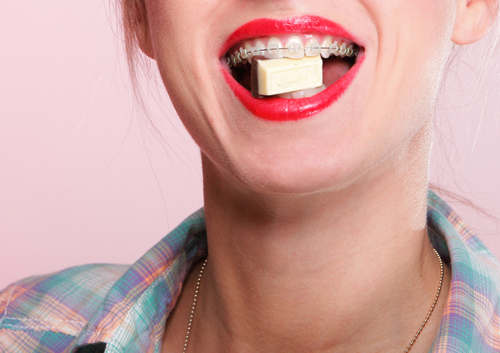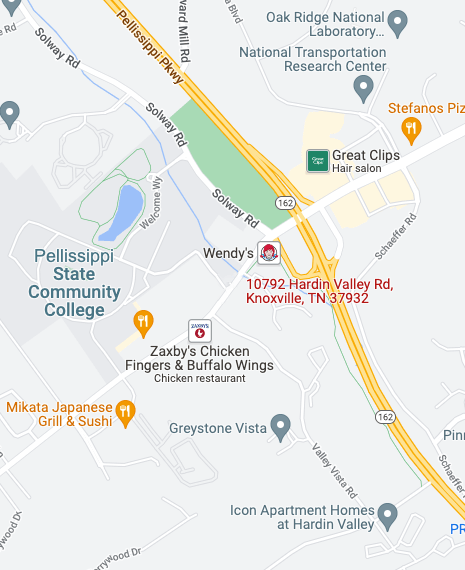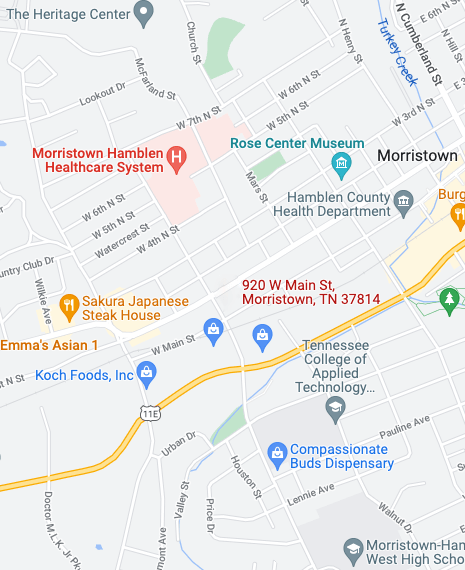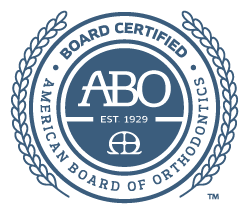Play Sports? Use Mouthguards.
April 18th, 2024

Dr. Eberting and our team recommend always wearing a protective mouthguard to participate in most physical sports. We especially encourage this if you have braces that can potentially cut your mouth or cause damage to your teeth. You have various choices to consider when you’re looking for a protective mouthguard.
One option is a full facial guard, which is often used for contact sports, such as football or hockey. This type offers full protection of the face from external impact. You should also consider an additional mouthguard to protect yourself from cuts inside your mouth, and avoid possible damage to your braces.
Boil-and-bites are another version of mouthguard that can be used for more physical sports. This type is used just the way its name implies: You warm the mouthguard in water to soften the material, then bite down gently once it’s at the correct temperature to form it into the shape of your mouth. These are fine to use temporarily, but they don’t always provide the best protection if they don’t fit properly.
Another option is to have Dr. Eberting make a custom mouthguard for you. The mouthguard will be designed with built-in layers to protect both your teeth and braces when it’s worn. Having Dr. Eberting create a custom-fitted mouthguard will ensure optimal protection and a comfortable fit whenever you participate in physical activities.
Protecting your teeth and braces is essential when you compete in sports. Accidents happen, and having a preventive mouthguard can potentially save you from oral pain and damaged braces. Our Maryville, Tennessee office is happy to assist you in creating a custom-made mouthguard for any sports activities you want to pursue.
If you’ve experienced a mouth injury that has caused damage to your braces, please contact us immediately so we can fix the problem right away. Remember, prevention is key when it comes to your oral health!








